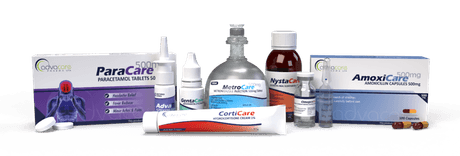What is the meaning of Ophthalmologicals?
Ophthalmologicals are medications used to treat disorders of the eye and surrounding structures. Ophthalmology drugs are efficient in treating various eye conditions such as infections, inflammation, dry eyes, glaucoma, and allergies. They can reduce inflammation, relieve pain, and lower intraocular pressure.
Ophthalmologicals such as eye ointments are applied directly to the eye or surrounding tissues. Some side effects or overuse of eye drops and other eye medicines can cause adverse effects, including eye irritation, vision changes, and allergic reactions.


